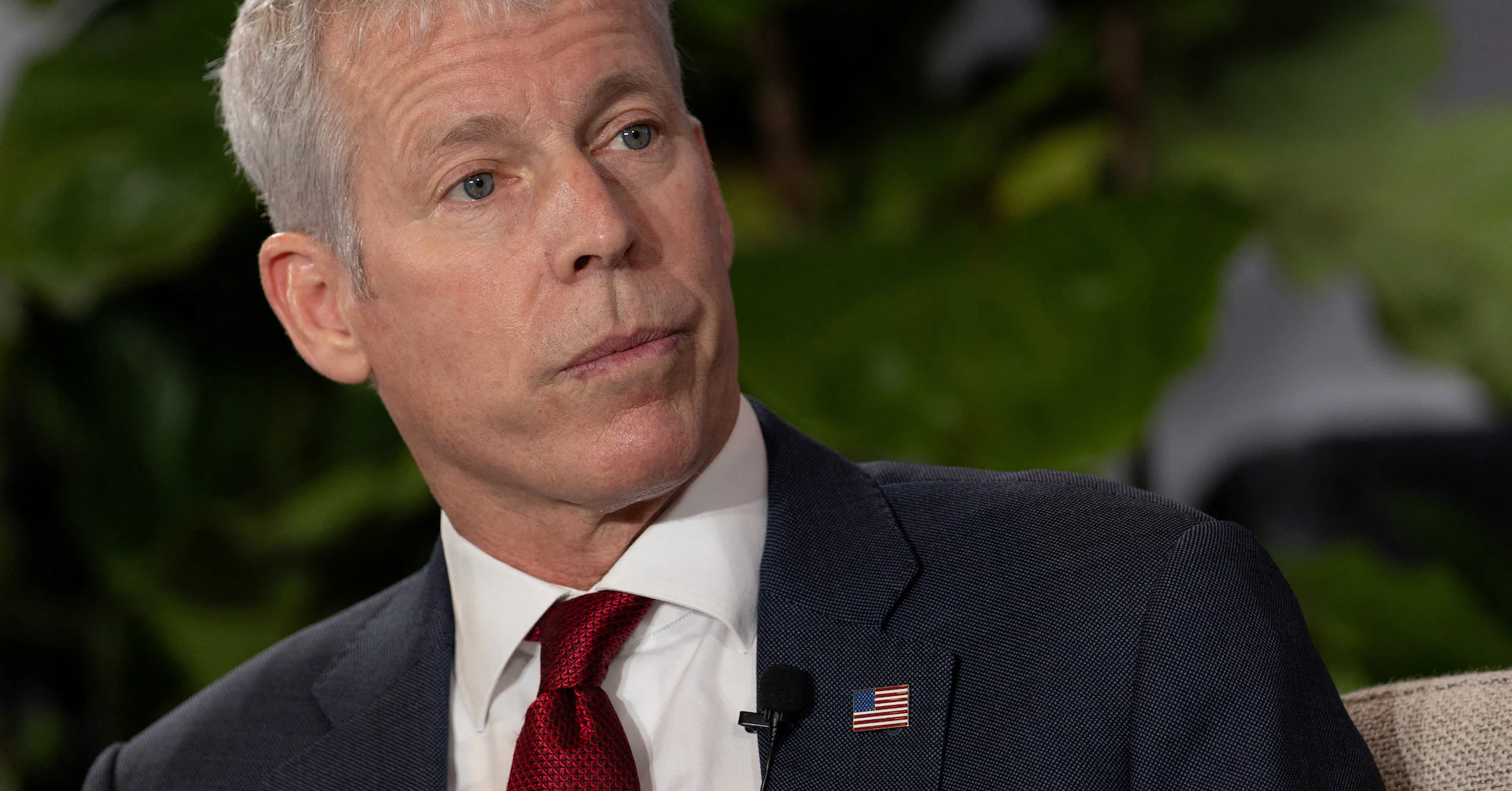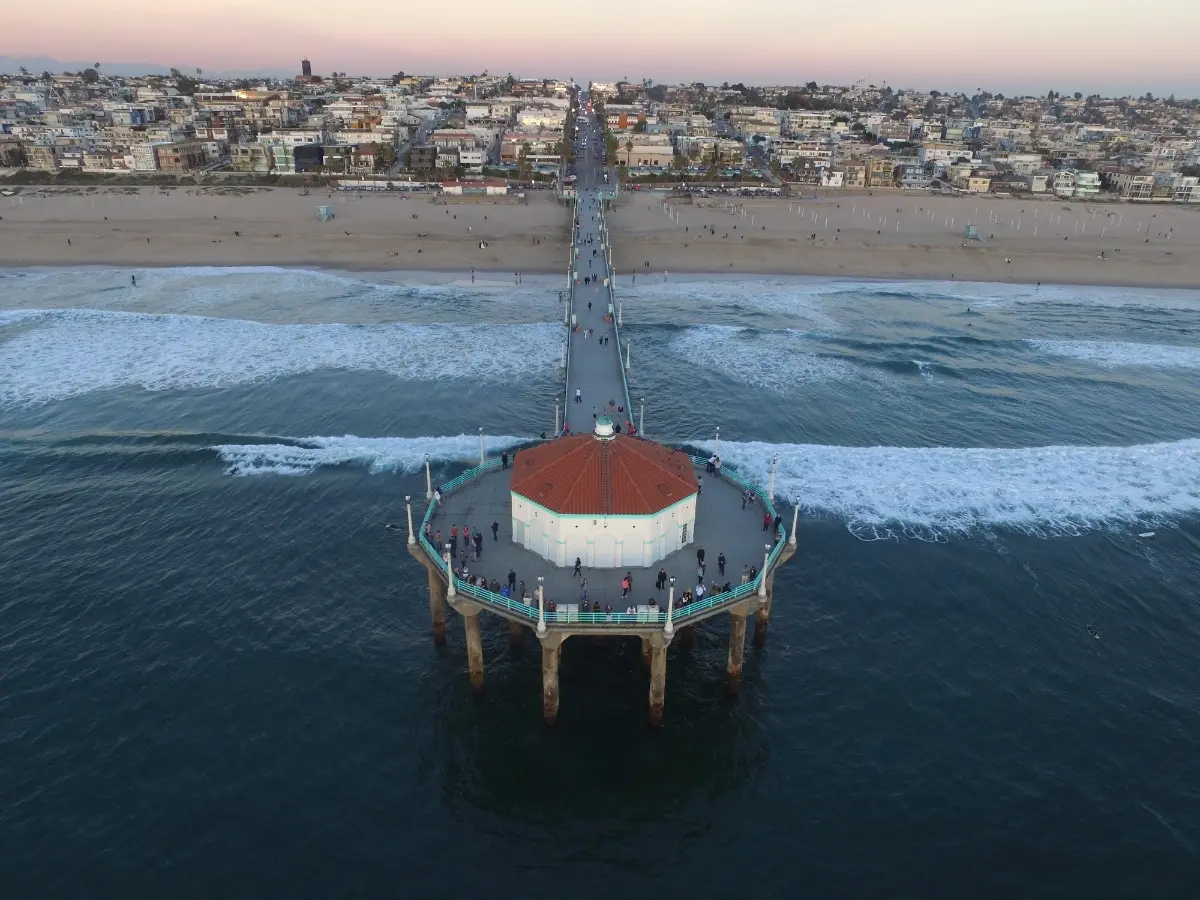
NEW YORK, Sept 25 (Reuters) – U.S. Energy Secretary Chris Wright said in an interview on Thursday that reducing Russia’s natural gas sales to Europe is the “most immediate hammer” Washington has to pressure Moscow into ending the war in Ukraine.
Wright, who spent nearly a week in Europe this month, said cutting Russia’s gas sales is easier than targeting its oil because shipping it requires huge specialized pipelines and liquefied natural gas (LNG) terminals and tankers that make it tough to smuggle.
Sign up here.
“Natural gas is one that’s easier,” Wright said, adding that Russia has five pipelines going to Europe and one to China. “You stop the gas sales going out of those five pipelines coming into Europe to zero, (Russia is) not going to get that revenue.”
President Donald Trump has so far failed to find a way to end Russia’s war on Ukraine, and unlike his predecessor, has not imposed new direct sanctions on Russia’s oil and gas.
“China’s enabling of Russia’s war, we don’t like that. There is constant dialogue with China,” Wright said. “I think you will see elevated dialogue with China going forward.”
India says it will continue to purchase the discounted oil despite the punitive tariffs.
FILL THE HOLE
Wright said a top mission of his during a recent trip to Europe was to assure the European Union that U.S. LNG exports can replace Russian gas.
“Today we can fill that hole,” he said.
The EU has come under pressure from Trump who has said he wants to see it end Russian energy purchases.
‘SORE SPOT’
Russian oil going to India and Turkey is hard to track, Wright said. “We’ve tried things about how can we stop India from buying Russian oil, but it’s hard to do.”
The administration now needs to find creative ways to pressure Russia. “We’ve got to innovate,” he said.
“Some of them are going to work and some of them aren’t,” he said about the ideas the administration has discussed.
Wright said Russia’s recent sales of cargoes of LNG from its heavily-sanctioned Arctic 2 LNG project to China is a “sore spot” and a frustration among administration officials.
“We have tons of sanctions on Russia today. The question is … there more to be gained from ramping those up?”
Meanwhile, Indian officials have criticized the U.S. for using waivers to buy Russian uranium for nuclear plants despite a ban Washington imposed that fully takes effect in 2028.
Wright said U.S. uranium purchases are in the hundreds of millions of dollars, while the oil and gas imports of Europe are in the tens of billions. “I wish we could cut off all the enriched uranium. Unfortunately, we can’t.”
He said Europe can cut off all imports of gas from Russia. “We can supply all the gas that currently comes from Russia. That one’s actually achievable now.”
Reporting by Timothy Gardner; additional reporting by Laila Kearney; editing by Richard Valdmanis and Marguerita Choy
Our Standards: The Thomson Reuters Trust Principles., opens new tab
Timothy reports on energy and environment policy and is based in Washington, D.C. His coverage ranges from the latest in nuclear power, to environment regulations, to U.S. sanctions and geopolitics. He has been a member of three teams in the past two years that have won Reuters best journalism of the year awards. As a cyclist he is happiest outside.



